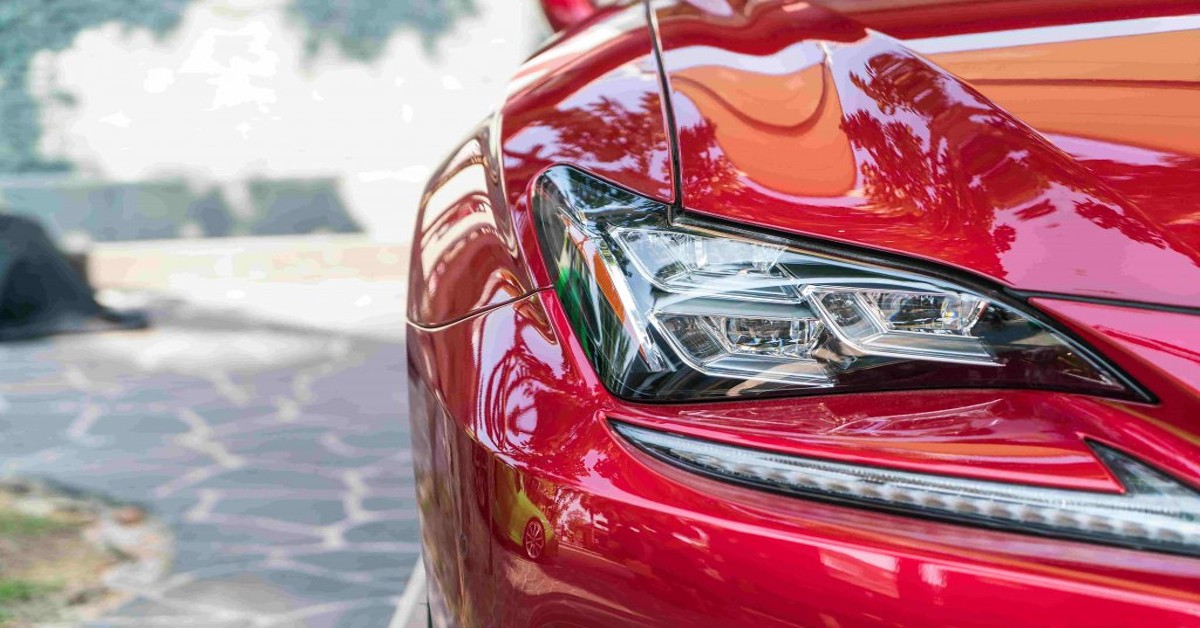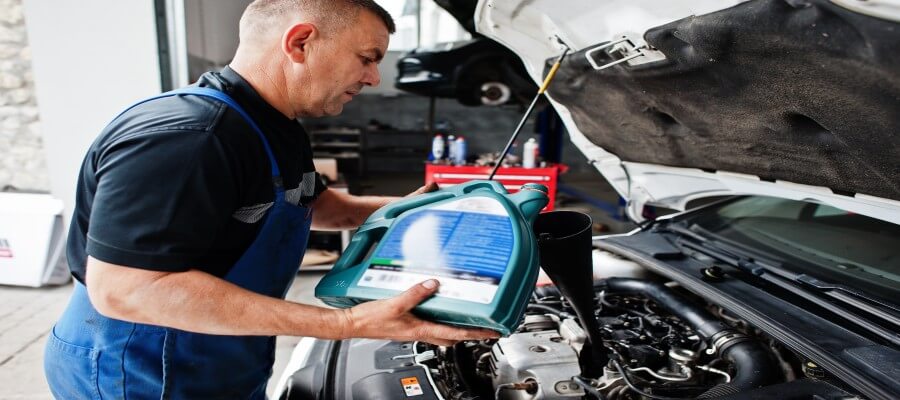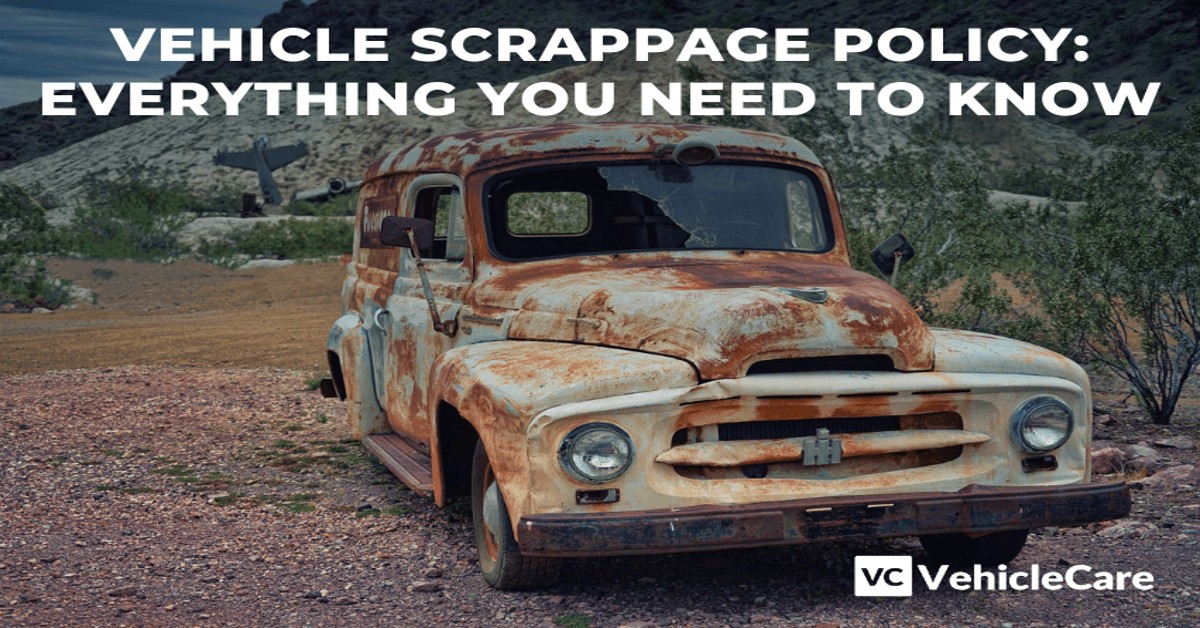Car detailing and car wash are two terms that you may often hear but are often confused by people. Even if you have always wanted to understand the difference between these two, you might not have the answers you need to clear the confusion that exists within your mind about this topic, or about car detailing in general. For all those who fall into this category of people, let’s get started by getting to know what car detailing actually is.
Table of Contents
The Purpose of a Detailer
A car detailer can be quite different depending on where you live, as some states will have different licensing requirements. In general, a detailer’s purpose is to prep your vehicle for sale or to prep your vehicle prior to a car show. Common services provided by a detailer include vacuuming and shampooing carpets and seats, deep cleaning leather interiors, steam cleaning rims, and tire dressing. This type of service generally costs more than a traditional car wash because of increased labor and material costs; however, consumers are often willing to pay extra for these additional services. A good detailer can do wonders for your car’s curb appeal when trying to sell it or before showing it off at an auto show.
What is meant by vehicle detailing?
Detailing refers to an entire range of services that are performed by detailing professionals. Basically, car detailing involves restoring a vehicle’s appearance back to its original finish as best as possible. It involves more than just cleaning and polishing your car; you also need to pay attention to details like removing tape marks and any paint blemishes or scuffs that may have been previously caused by rocks chipping at your vehicle’s paint job. Detailers are trained in techniques such as buffing, waxing, and hand polishing so they can remove minor defects in paint jobs, restore tires and rims back to their original shine and replace missing chrome trim pieces. Thorough detailing of your vehicle ensures that every inch of your car looks new again.
The Differences Between Detailing and Car Wash (Wash)
A detailed car makes a huge difference in your ride’s overall appearance. However, there’s a common misconception that detailing and washing are basically one and the same. Many people do not know what vehicle detailing actually entails and may assume that both processes accomplish essentially similar results. However, washing your car is more than just hosing down all of its surfaces with soap and water, whereas detailing can entail much more extensive work on certain parts of your car’s exterior and interior. Read on to learn more about what vehicle detailing is and how it differs from wash—and why you should think about having your vehicle detailed.
What does a full detail include?
If you’re planning to have your car detailed, be sure to find out beforehand what kind of service you’re signing up for. While all detail services can include cleaning and waxing your vehicle, some also involve removing scratches and dents. It may sound counterintuitive that detailing a car means touching up imperfections, but part of detailing involves eliminating blemishes in paint or leather. For example, a professional detailer might buff out small scratches in a glossy paint job or smooth out nicks on leather seats with dye. If your car has been damaged in an accident or even by time alone, visit our page about fixing body damage to learn how to get back on track without spending too much cash.
Is detailing the same as valeting?
While in some ways, a detail and valet service are comparable, they don’t have a lot in common. The primary difference between them involves what their respective services do. A valet simply parks your car for you. They tend to be less expensive than detailing, but still cost more than having a car washed by hand or an automated wash service (both of which also clean your vehicle). On-site detailing services perform an additional level of work that goes far beyond just washing your car and getting rid of superficial smudges on its exterior. Details can include vacuuming upholstery inside of your vehicle, applying sealants to keep stains from penetrating your paint job, and applying anti-fading treatments to keep discoloration at bay.
What is the exterior detailing of a car?
There are many car detailing services, some more affordable than others. One of them includes exterior detailing. People don’t realize that washing a car may not be enough to keep a vehicle looking its best. The water used in traditional car washes doesn’t always remove debris on your vehicle’s exterior and can leave behind substances that will cause damaging rusting and peeling of paint over time. That’s why professionals suggest using an exterior detailing service once every few months to remove dirt, bugs, grease, and other forms of grime that can’t be removed with a simple hose or wipe down.
What do car detailers use?
A car detailer will work with different products and tools than a regular car wash worker. The best part about working with a detailer for your vehicle is that they use many more products than a standard car wash does. The difference between detailing and washing is much more than just using more cleaners; it’s about using different methods and having a keen eye for spotting dirt that would be invisible to most people. A professional can look at your entire vehicle in five minutes and spot potential issues. They will also be able to give you tips on how to properly care for your vehicle so you can extend its lifespan. Car detailers have much more experience and knowledge in caring for cars than an average car wash employee.
Car Detailing Services List
The detailing process usually involves washing, hand waxing, sealing, polishing or buffing, conditioning (for leather or vinyl), as well as dusting, vacuuming, and a final inspection. Your car will look new when you see your vehicle after having been serviced at a professional car detailing shop! If you drive an expensive vehicle that requires regular washing and maintenance to keep it looking shiny and new, then a detailer may be worth every penny. Some people do their own detailing to save money but most cannot achieve quality results. The average person is not equipped with everything needed to keep your car in its best condition.
Why do I need detailing for my car?
The detailing service can help your car look and feel new. Detailing deep cleanses and protects your vehicle’s exterior while also detailing its interior. It’s perfect for removing tough stains, polishing paint, restoring surfaces to their original condition, restoring clarity and luster to glass and chrome, dressing tires, conditioning leather seats, waxing floors and carpets—you name it! If you’re looking for an affordable way to take care of a car that looks newer than it did when you bought it or if you’re hoping to sell a used car before putting a down payment on a new one then consider having your current ride detailed before listing it for sale. A thorough detailing service can make all the difference in getting top dollar for your used vehicle.
Is detailing a car worth it?
It all depends on what you want out of your vehicle. If you just drive a car around and don’t use it for work, then probably not. But if you plan to sell your car in 2-3 years, or are interested in maximizing its resale value, detailing could be worth your time and effort. Often people have no idea how dirty their vehicles are until they get them detailed—especially things like doorjambs that can hide dirt, grease, and grime. This stuff doesn’t come off with a simple hose or pressure washer! You might also consider getting a professional detail done if you live in an area where salt is used on roads during snow season. Excessive salt can eat through paint jobs over time!
Why is detailing as expensive as it is?
If you’re looking to get your car detailed, The reason detailing costs so much isn’t that detailers charge too much, it’s because detailers often have big up-front costs to work with: expensive equipment and training programs that quickly break even but pay off in being able to command top dollar for their skills. In a lot of ways, detailing is like many professional services in its high upfront costs; unless you already have access to expensive tools and equipment or can recoup your investment by selling these items used afterward, hiring someone else might seem like an appealing option. However, there are several important reasons why hiring a professional might be worthwhile
How often should I detail the car?
Most professional detailers will tell you that a car should be detailed at least twice a year, with spring and fall being ideal times to get your car’s paint gleaming. However, there are many benefits to detailing your car on a more regular basis. For instance, cleaning your car regularly helps prevent minor blemishes from turning into rust or major dents that require costly repairs. Plus, keeping up with touch-ups will help maintain your car’s resale value as you continue to drive it into old age! Keeping all of these benefits in mind can help keep your detailing habits more consistent. Luckily for us (and for you!), there are many tools available to make sure that detailing our cars is always within reach.
How long should it take to detail a car?
Car detailing is one of those phrases that people have a hard time defining. Some think car detailing refers to hand washing or waxing a car. Neither of these applies to detailing by today’s definition. Today, when we refer to car detailing, we’re talking about restoring your vehicle to its original condition before you bought it—or getting it there as close as possible. And believe us, when you see your vehicle after we detail it for you, you will notice a huge difference in every aspect of your vehicle—whether that be paint quality and color representation, the brightness of headlights and taillights, or even how well your interior smells once again.
The do’s and Don’ts of Car Detailing
Once you have your car detailed, it’s a constant joy to look at; the incredible new shine, the glow it puts out with every striking light, and the enamored look on every other person’s face when they see it.
It wouldn’t be overstating that detailing adds to the value of a car. But in a world of busy roads and shady services, maintaining that shine of your car is no less than a challenge! You may face hurdles in a number of ways including the products you apply to your vehicle and the wash methods you use. An ordinary wash at your local mechanic can also have an impact on the detailed shine of your car. So to help avoid making bad decisions and help you be aware of how detailing works, here are a few tips that you should consider when getting your car detailed.
Things Not To Do
Absolutely no automatic car washes of any kind, including touchless washes. Automotive paint is scratch sensitive, automatic car washes with brushes damage paint by scratching and swirling the surface. Touchless car washes use harmful chemicals that will either strip your wax or sealant and/or not clean your car completely.
Do not use terry cloth towels or other types of cotton towels on your vehicle. These types of towels should not be used on your paint as they will scratch and mar the delicate surface. However, you can use these towels on interior surfaces and carpet.
Only use cleaning products specifically designed for auto detailing and washing. For example, Dawn dish soap and similar soap will strip any wax or sealant that is present on the vehicle. This is a great thing if you plan on compounding, polishing or re-waxing your vehicle, but not if you just paid to have your vehicle detailed a month ago and you strip a product that has a life span of 12 months if taken care of properly. Also, do not use Windex on your windows; it contains ammonia, which dries out plastic, rubber and window tint. Avoid charity car washes, hand washes, etc. Here’s why:
“The lettering on the sign invokes the mental image of high quality, careful hand washes to the delicate and scratch-sensitive clearcoat finish on his black Corvette that that’s just a dream, not reality.
Do you actually think when you pull up to a hand car wash that the workers notice it’s you and your special car? Do they empty their buckets of used car wash soap with all the dirt in it from the last dozen or so cars they’ve washed and make a fresh solution using a premium quality, non-detergent car wash shampoo? Do they put their worn, tatty wash mitts aside and break out the brand new, premium quality wash mitt? Do they bring up their level of quality and professional technique because you and your car are different from all the other cars that they see day-in and day-out? I think they just continue washing with whatever they’ve been using and treat your car just like the mud-encrusted 4×4 that they washed before you arrived.”
Check out the whole article here: The Reality Of 100% Hand Car Wash By Mike Phillips.
Do not let a dealership, body shop, or mechanic shop wash your car. More than likely they will not be using proper methods, tools, and products. When you go in to have your car serviced hang and place, “Do Not Wash” flyers on the driver’s window, the dash, and the seat. Use the largest font that will allow the message to fit on a single sheet of paper. It’s better to be safe than sorry.
Things To Do
Wash your car yourself using the two-bucket wash method or a Rinseless wash with microfiber towels. I also offer mobile maintenance washes between details to keep your car looking perfect.
If you are looking to just clean off light dirt and dust that is on the surface of the paint use a rinseless wash type product or quick detailer and a microfiber towel to safely wipe away from the dirt. Never dry and wipe any towel across the paint. A cleaning solution like car soap or a quick detailer lifts the dirt from the surface and encapsulates it inside the solution. If you do not use something to encapsulate the dirt and lubricate the surface you will be wiping dirt and dust across the paint inducing scratches.
As mentioned above in the Things Not To Do section, only use cleaning products that are specific designed for auto detailing and washing. If you need help selecting products and tools or simply want suggestions please contact me I’ll be more than happy to guide you in the right direction.
Only use high-quality microfiber towels on your paint. Microfiber is a superior fiber to traditional fibers like cotton, it’s soft and has the ability to lock dirt into the fibers of the towel, rather than just push it around like cotton.
There are many types of wash mitts and sponges on the market, We suggest using a microfiber wash mitt. It will be gentle on the surface and not damage the paint as long as you’re using proper washing techniques.



